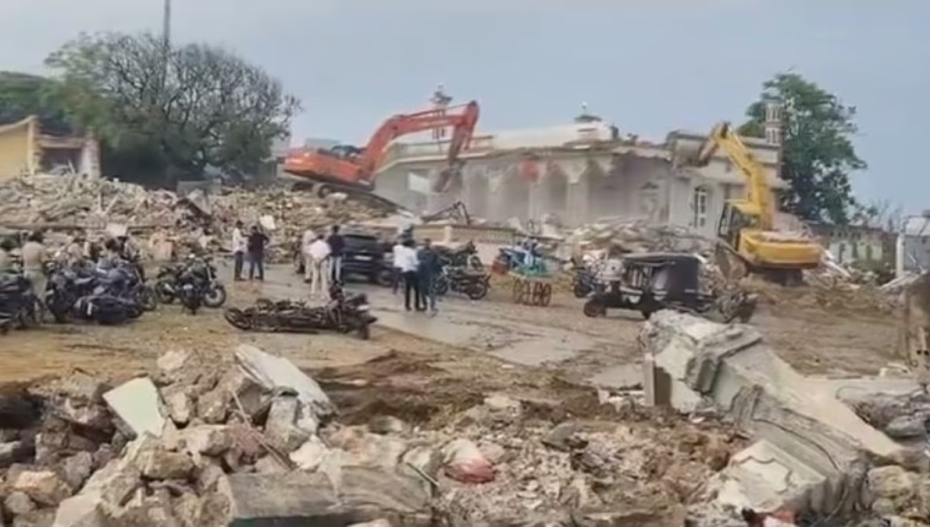The Gujarat government assured the Supreme Court on Friday that land in Somnath, recently cleared of structures, will remain under state control and will not be allocated to third parties until the next hearing. This assurance was given during the hearing of a petition challenging an October 3 Gujarat High Court ruling, which declined to impose a status quo on demolitions targeting Muslim religious structures and residences in Somnath.
The Supreme Court bench, consisting of Justices BR Gavai and KV Viswanathan, briefly heard arguments and scheduled the case for November 11, coinciding with a contempt petition filed by the Summast Patni Muslim Jamat. The petition alleges that the demolitions in Somnath were conducted in defiance of a prior Supreme Court order.
Representing the petitioner, Senior Advocate Kapil Sibal argued that while several temples situated on the disputed land were left undisturbed, dargahs alone were demolished. Sibal remarked, “Protected monuments were razed to the ground. Heritage monuments, ancient dargahs, and cemeteries were subject to demolitions,” criticising the basis that the structures were near the Arabian Sea.
In response, Solicitor General Tushar Mehta, representing the Gujarat government, refuted Sibal’s claims. Mehta asserted that only structures encroaching on public lands were removed and denied that they were protected monuments. He also accused the petitioner of withholding relevant details from the Court.
Sibal requested a status quo order to prevent any further action against remaining structures, but Justice Gavai declined, though he remarked that restoration might be ordered if deemed necessary.
Senior Advocate Huzefa Ahmadi, representing another petitioner, submitted that his client possesses a land allotment document dating back to 1903 from the former princely kingdom. Ahmadi noted that one of the demolished structures had been recognised as an ancient monument and registered as Wakf property, adding, “They acted in a high-handed manner… if possession is changed, recovery will be difficult.”
Ahmadi requested a status quo order against any land reallocations. He expressed concern that ongoing actions might result in irreversible changes to possession, while Sibal joined the request, asserting that many structures were registered public trusts and protected monuments.
Sibal referred to the District Collector’s order of 2015, which specified that these lands could be used only for government purposes, alleging that the current aim was to allocate the lands to private parties.
Solicitor General Mehta affirmed the state’s commitment to adhere to the Collector’s conditions. Justice Gavai, recording Mehta’s commitment, stated, “Till the next date, let the possession remain with the government,” and Mehta confirmed his readiness to formalise this in a statement.
The Court subsequently ordered, “The Solicitor General states that until further orders, the possession of the land in question shall remain with the government and shall not be allotted to third parties. In view of this, we find no need to pass any interim order.”
The bench clarified that the pending Special Leave Petition will not prevent the Gujarat High Court from continuing its proceedings on the matter. On 4 October, the Supreme Court had reviewed a contempt petition alleging that Somnath’s demolitions contravened a 17 September order requiring prior Court approval for demolitions, except for those on public lands. In that instance, the Court chose not to impose an interim halt, citing the Gujarat High Court’s earlier rejection of similar relief.
Also Read: Aryoday Mill’s Land Sold for Rs 82 Cr









